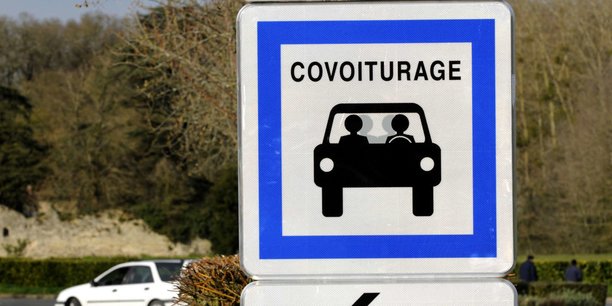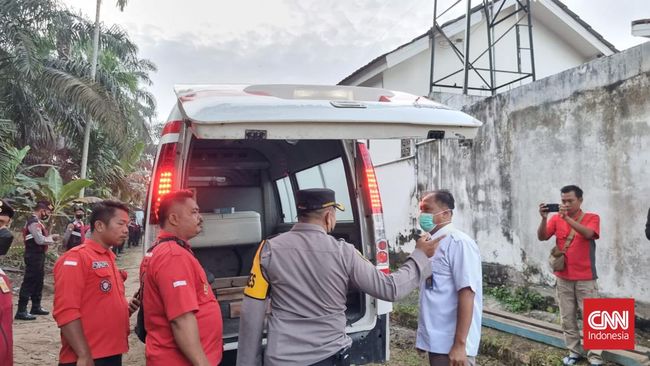Twice better than Montpellier and almost three times better than Angers, the city of the minister for ecological transition Christophe Béchu. As every month since the beginning of the year, the metropolis of Rouen is in front of its followers on the podium of the most “co-transported” cities in France, according to the latest statistics provided by the Ministry of Transport *. By June, Rouen had passed the threshold of 30,000 carpool trips per day. In September it broke a new record with just under 55,000 trips made. This is one tenth of the national total. But what to attribute this pole position to?
If the surge in fuel prices partly explains these good results, they derive above all from the same incentive policy implemented by Metropolis for two years with the complicity of the Klaxit platform, French leader in short-haul carpooling, withheld following a tender. From the beginning, the community decided to subsidize this form of unlimited travel in the name of its positive impact on energy consumption and the reduction of CO2 emissions. A strategy fully adopted by its president Nicolas Mayer Rossignol.
” People view the car as a private space and still have a hard time opening the door especially on short trips. Since, if we play the small arm, we will not be able to lead what is a cultural change “, Theorizes.
The subsidy, a key to action
Specifically, the Metropolis supports passenger travel and pays between 2 and 4 euros per person transported to all drivers registered on the platform who agree to open their doors. At first glance, a fairly standard approach, except that, unlike most communities, it has therefore not set a cap on the number of home-work trips it publicly finances. And this is what makes the difference for David di Nardo, director of development at Klaxit.
” Many organizing authorities opt for a closed budget, which limits development and obliges carpooling operators to individually bargain with companies or establishments ready to bear the cost of travel. In the case of Rouen, nothing prevents us from seeking more and more drivers “.
Armed with this sonic and stumbling argument, Klaxit was able to easily forge partnerships with most commercial areas and large employers in the Rouen metropolitan area, as well as universities and colleges. Which in turn communicate about the service. Result: the platform has now reached a critical mass of offers that allows it to offer more door-to-door trips (called “seamless” in jargon) capable of attracting more users. Another virtuous effect lies in the amplification of word of mouth. ” Those who use the app are our best ambassadors today. The ripple effect is evident. As proof of this, the 10,000 additional subscribers we have registered on the application since August ”, Underlined Davide il Nardò.
“A very efficient shopping”
Faced with this boom, the Metropolis voted last spring to multiply the budget dedicated to carpooling by five, which went from 200 thousand euros to one million. Again, it presumes its president. ” In reality it is a very efficient expense in euros per user “, he says. “Putting bus lines everywhere would cost infinitely more and it wouldn’t make sense because they would be empty “. Klaxit’s director of development fully endorses the analysis.” Public authorities regularly spend tens of millions of euros on public transport in the hope of convincing a very small fraction of autonomous drivers to let their cars go. “, remember.
Obviously the government has come to the same conclusions as Nicolas Mayer Rossignol as it plans to pay a check for 100 euros to all newly registered drivers on the carpooling platforms. As for Rouen Metropolis, it does not intend to put its foot on the brake. ” We are still in the amplification phase. When we have achieved our goals, we will think about a gradual reduction in aid “Explains his boss. As for the risk that carpooling will steal some of the “customers” of public transport, as some specialists point out, it does not seem proven. In Rouen, the metro network of buses and trams recorded an increase in attendance of just over 10% in September.
* The Ministry of Transport counts on a daily basis all the trips made through the 22 carpooling operators operating on French territory. Klaxit publishes them monthly with a list of the most “carpooling” cities.


